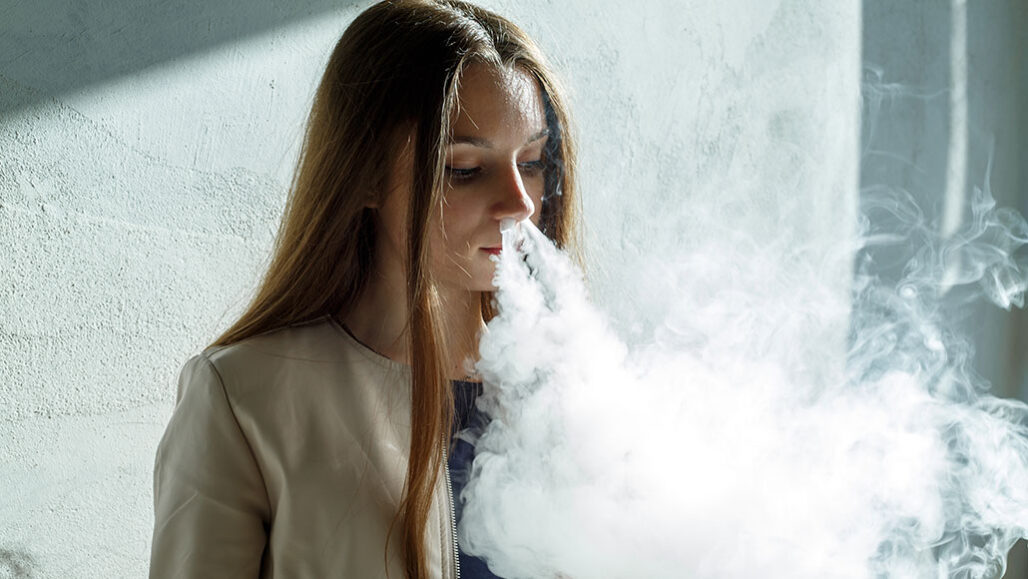Questions for “COVID-19 risk linked to vaping, but addicted kids find it hard to stop”

Rates of vaping have been steadily climbing among kids and young adults. Now vaping is being linked to COVID-19, offering yet another reason to try quitting.
AleksandrYu/iStock/Getty Images Plus